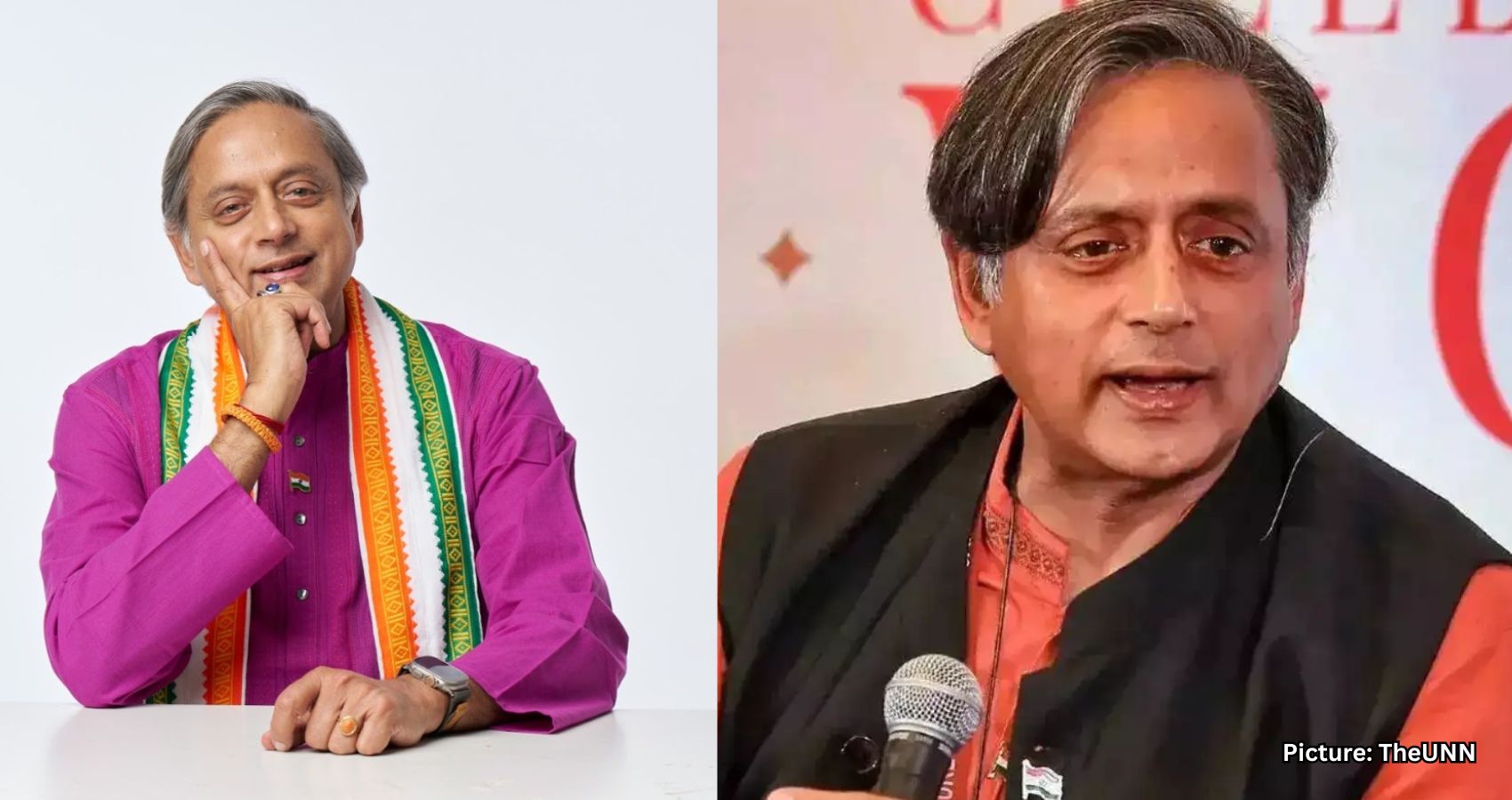( light political satirical thought)
We have often heard tales of lost opportunities, and perhaps the current political landscape is no exception.
Shashi Tharoor stands out as a distinguished global citizen. His noteworthy attributes include his tenure as Under-Secretary-General of the United Nations, his accomplishments as a writer in both fiction and non-fiction, his entrance into Indian politics as a member of Parliament, and his impressive academic background, including a doctorate in international relations from the Fletcher School. As a proud Malayali and member of the Congress party, he has demonstrated significant expertise and experience in his field. However, like many leaders, he seems to be not at all navigating the waters of personal ambition, leading to some hesitation in seizing available opportunities.
As an ordinary Keralite, I have observed a lack of connection between Tharoor and the Congress leadership at both local and national levels. Recently, media reports have suggested that Tharoor may be contemplating a move to the BJP. While this could potentially relieve some concerns among senior party members, it raises questions about his commitment to the Congress party’s principles. The ongoing divisions within Congress highlight a need for greater unity and respect for leadership.
Historically, the Indian National Congress (INC) has faced challenges, particularly since the 1989 elections. This decline hasn’t happened overnight, but rather has been a gradual process marked by a loss of seats and influence. Despite gaining some seats in prior elections, the party has struggled to maintain its popularity. For instance, after Rajiv Gandhi’s assassination, the party only secured 244 seats, which suggests the impact of sympathy for a leader can be complex and not always advantageous.
The Congress party governed India for many years, yet it faced a significant setback in the 2014 elections, losing to the BJP. Opinions vary regarding the reasons for this outcome, with some attributing it to the BJP’s success in appealing to Hindu sentiments and others pointing to perceptions of corruption and ineffective policies within Congress. The roots of this decline extend beyond recent elections, reaching back at least three decades.
In Kerala, Congress members, while distinct from their Communist counterparts, maintain a strong presence and are likely to remain steadfast, regardless of shifts at the central level. Unfortunately, beyond the immediate concern of maintaining seats, there seems to be a lack of strategic focus on identifying effective leadership and leveraging opportunities for the benefit of Kerala.
Had Tharoor considered aligning with the BJP earlier, he might have been in a favorable position to be nominated for the Vice-Presidential election instead of Radhakrishnan. This alignment could have opened pathways that might have led him to the Vice Presidency and, potentially, to future leadership roles such as President of India. The vision of Tharoor engaging in global debates is certainly an inspiring thought, even as we acknowledge the complexities of his high grade political language and communication.
Regrettably, Congress has not secured the Vice Presidency this time either, and there has been a lack of promotion for Tharoor’s ideas within the party.
Let us hope for a future where leaders seize significant opportunities and advance our collective aspirations.
On a final note, it is essential to recognize that securing a Vice Presidential candidate does not require widespread votes from all states (like in USA); rather, a focused effort from Congress representatives in Delhi could have sufficed. It is crucial that we reflect thoughtfully on these dynamics.

